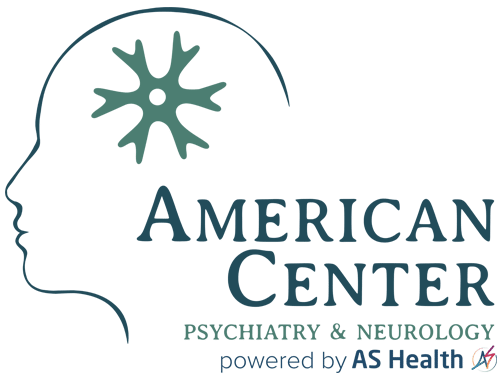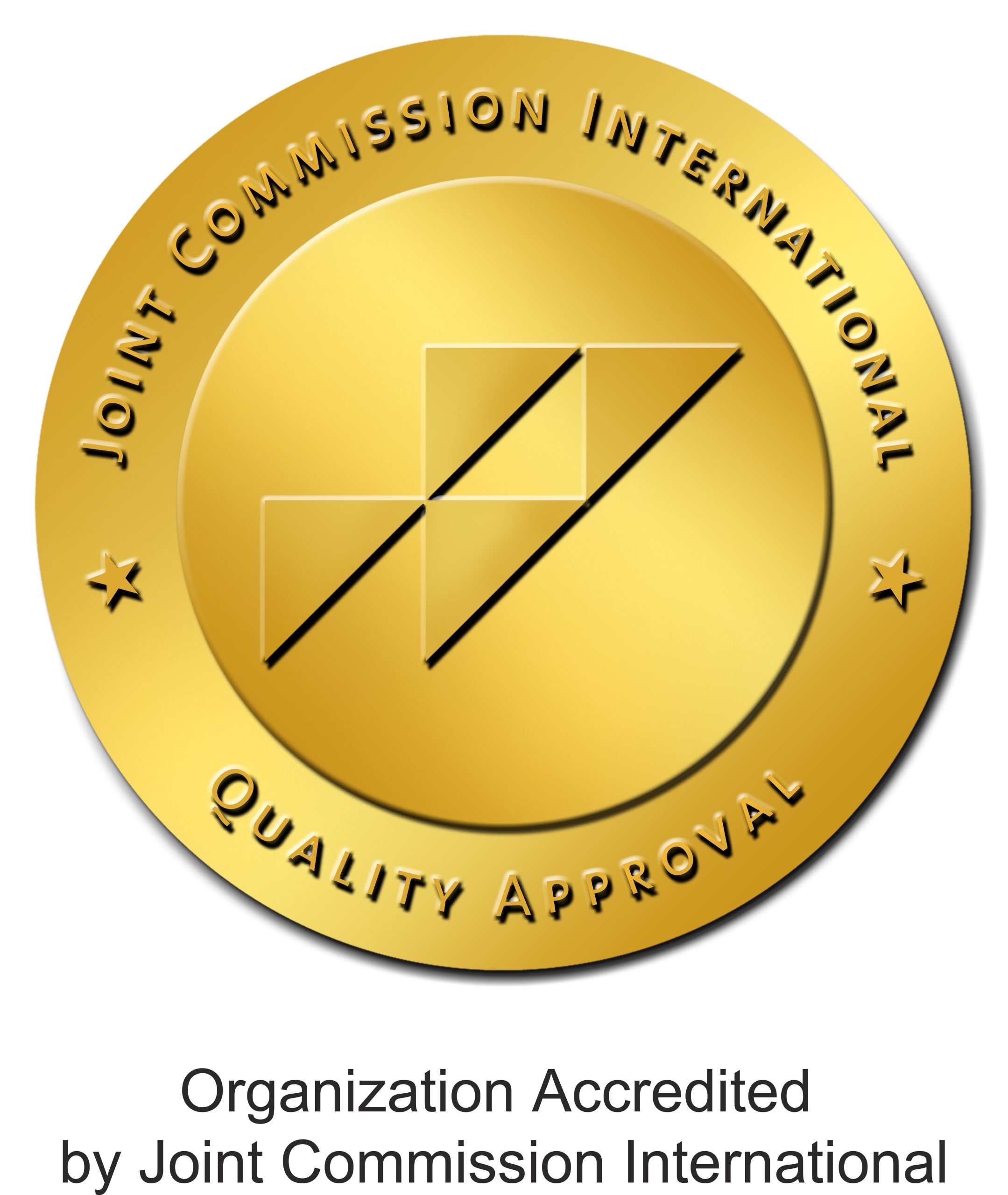The decision to seek counseling is an intensely personal one and should be made with the confidence that you will be receiving expert, professional care. At the American Center for Psychiatry and Neurology (ACPN) all of our therapists are professionally trained and most are American board certified in their area of psychotherapy.
Counseling is an intentional interpersonal relationship used by trained psychotherapists to help a patient(s) in problems of living. It aims to increase the patient(s) sense of well-being and reduce their subjective sense of discomfort. Psychotherapists employ a range of techniques based on experiential relationship building, dialogue, communication and behavior change and that are designed to improve the mental health of a client or patient.
There are several different modalities of counseling including individual, couple or marital counseling, family and group counseling. Each modality has its own particular advantages depending on what the patient needs. Below is a brief description of each modality of counseling.
Individual Counseling
Meeting individually with a psychotherapist provides you with the opportunity to focus on issues that are unique and specific to your situation. Individual counseling for adults will often focus on specific issues such as acute stress, alcohol abuse, anger management, anxiety, cyclothymic disorder, depression, dysthymic disorder, obsessive-compulsive disorder, panic disorders, post traumatic stress disorder, social phobia and specific phobia.
Often children and adolescents are seen with their parents for family counseling or at school for academic issues. However, at times a therapist may want to see a child or adolescent individually for issues that may include problems with early development such as asperger’s, autism, attention and behavior such as ADD and ADHD, problems with school performance and learning disabilities difficulty with authority conduct disorders or oppositional defiant disorder or with anxiety social phobia orspecific phobia. This is not a complete list and some of these problems may best be addressed in family therapy. You should check with one of our therapists if you feel you or your child may have a problem that is not listed here.
Couples (Marital) Counseling
Couple or marital counseling is often the preferred choice when the focus of counseling is healing the relationship rather than and individual problem or condition. Couples may seek counseling together or separately depending on what the therapist believes is most beneficial. Sometimes counseling will start separately and then join together and at other times it will be the opposite. In some situations each patient will have separate therapists until the time is right to meet conjointly.
In each situation the focus of counseling is usually on clarifying communication and enriching the relationship. In some cases counseling is not at all about examining what is wrong, but rather, improving what is right.
Family Counseling
Family counseling, also referred to as family systems therapy, is a branch of psychotherapy that works with families and couples in intimate relationships to nurture change and development. It tends to view change in terms of the systems of interaction between family members. It emphasizes family relationships as an important factor in psychological health.
What most therapists of family therapy have in common is a belief that, regardless of the origin of the problem, and regardless of whether the patient considers it an “individual” or “family” issue, involving families in solutions is often beneficial. This involvement of families is commonly accomplished by their direct participation in the therapy session. The skills of the family therapist thus include the ability to influence conversations in a way that catalyzes the strengths, wisdom, and support of the wider system.
School and Academic Assessment
School and academic assessment applies principles of clinical psychology and educational psychology to the diagnosis and treatment of children’s and adolescents’ behavioral and learning problems. Our School psychologists are educated in psychology, child and adolescent development, child and adolescent psychopathology, education, family and parenting practices, learning theories, and personality theories. They are knowledgeable about effective instruction and effective schools. They are trained to carry out psychological and psychoeducational assessment, psychotherapy, and consultation, and in the ethical, legal and administrative codes of their profession.
Our school psychologists perform the following services:
- Psycho-Educational Assessment,
- Academic Interventions,
- Cognitive (IQ), Behavior and Personality Assessment,
- Psychological Consultation with parents and teachers,
- Children and Adolescents’ Psychotherapy, using the cognitive – behavioral therapy and the interpersonal psychotherapy,
- Family Assessment and Therapy.
Approaches to Counseling
While different therapists will utilize different approaches and techniques in helping you solve your problem, each of them will do so within a professional, therapeutic relationship. Some of the different approaches include:
Cognitive Behavioral Therapies (CBT) are a group of therapies that generally focus on the construction and re-construction of people’s cognitions, emotions and behaviors. Generally in CBT the therapist, through a wide array of modalities, helps clients assess, recognize and deal with problematic and dysfunctional ways of thinking, emoting and behaving.
Emotional Freedom Techniques (EFT) is a psychotherapeutic alternative medicine tool based on a theory that negative emotions are caused by disturbances in the body’s energy field and that tapping on the meridians while thinking of a negative emotion alters the body’s energy field, restoring it to “balance.”
Eye movement desensitization and reprocessing (EMDR) is a form of psychotherapy that was developed to resolve symptoms resulting from disturbing and unresolved life experiences. It uses a structured approach to address past, present, and future aspects of disturbing memories. The approach was developed by Francine Shapiro to resolve the development of trauma-related disorders as resulting from exposure to a traumatic or distressing event, such as rape or military combat.
Person-Centered Therapy (PCT), also known as Client-centered therapy or Rogerian Psychotherapy, was developed by the humanist psychologist Carl Rogers in the 1940s and 1950s. It is one of the most widely used models in mental health and psychotherapy. The basic elements of Rogerian therapy involve showing congruence (genuineness), empathy, and unconditional positive regard toward a client. Based on these elements the therapist creates a supportive, non-judgmental environment in which the client is encouraged to reach their full potential.
Psychodynamic – is a form of depth psychology, the primary focus of which is to reveal the unconscious content of a client’s psyche in an effort to alleviate psychic tension. Although it has its roots in psychoanalysis, psychodynamic therapy tends to be briefer and less intensive than traditional psychoanalysis.


